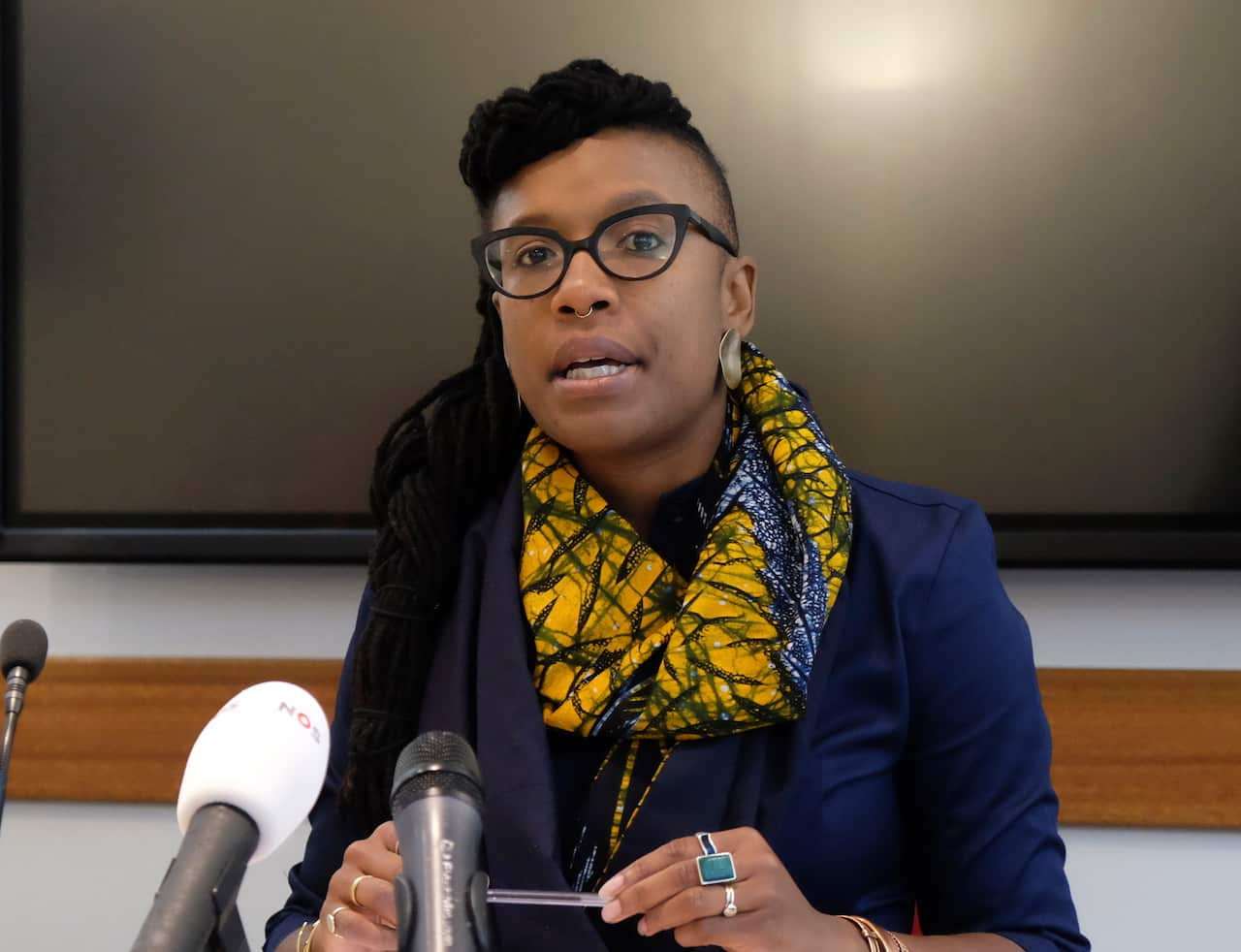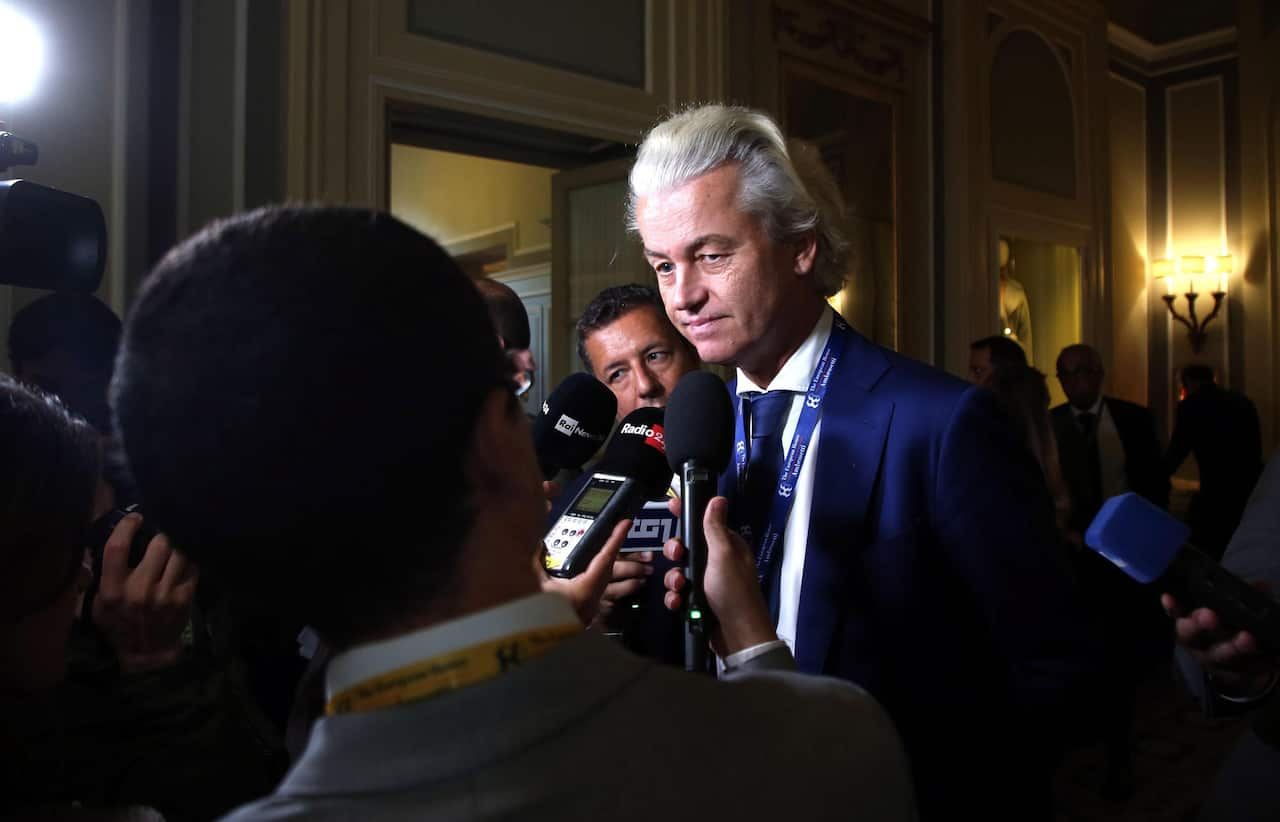A United Nations racism expert has criticised a Dutch ban on the wearing of face-covering garments such as the burqa in public, saying the law has "no place" in a tolerant society.
Tendayi Achiume, the UN Special Rapporteur on racism, said the ban reflected a wider "consolidation of Islamophobia" in the Netherlands.
The Dutch ban took effect in August, after being passed by parliament in 2018, and makes it illegal to wear face coverings in public buildings and on transport. "This law has no place in a society that prides itself in promoting gender equality," Ms Achiume said in a report on Monday after a week-long fact-finding trip to the Netherlands.
"This law has no place in a society that prides itself in promoting gender equality," Ms Achiume said in a report on Monday after a week-long fact-finding trip to the Netherlands.

UN racism expert Tendayi Achiume says there is no place for a burqa ban. Source: AP
"The political debate surrounding the adoption of this law makes plain its intended targeting of Muslim women, and even if this targeting was not the intent, it has certainly been the effect."
Under the ban people must be recognisable in public spaces, so it also applies to face-covering helmets or hoods, and is punishable by a fine of 150 euros (AUD$244).
Far-right and anti-Islam politician Geert Wilders had proposed the face-covering veil ban, which can be enforced by private citizens' arrests, back in 2005.
The UN expert said Islam more generally was "repeatedly represented, including in the national parliament, as inherently opposed to Dutch national identity". Ms Achiume also highlighted what she called the "Dutch paradox", which is that the Netherlands' perception of itself as tolerant stops it making any further improvements.
Ms Achiume also highlighted what she called the "Dutch paradox", which is that the Netherlands' perception of itself as tolerant stops it making any further improvements.

Dutch politician Geert Wilders first proposed the burqa ban back in 2005. Source: ANSA
"The paradox in the Netherlands is that insistence that equality and tolerance already exist actually operates as a barrier to achieving this equality and tolerance in fact," she said.
Share

